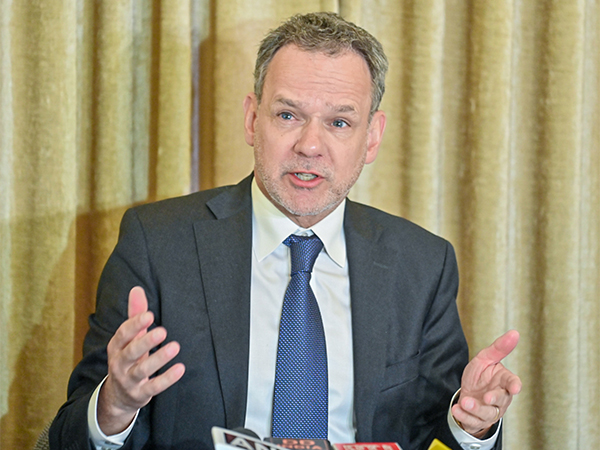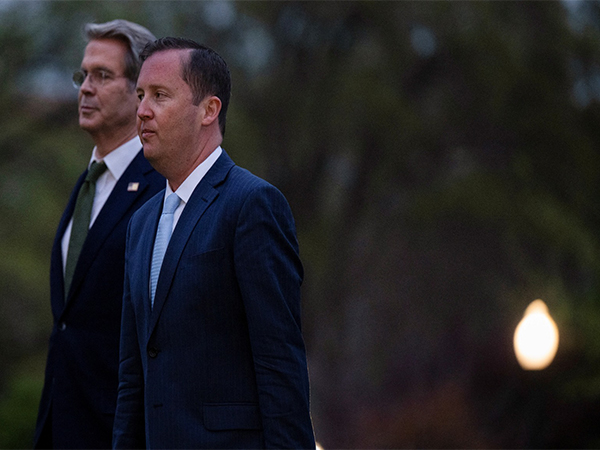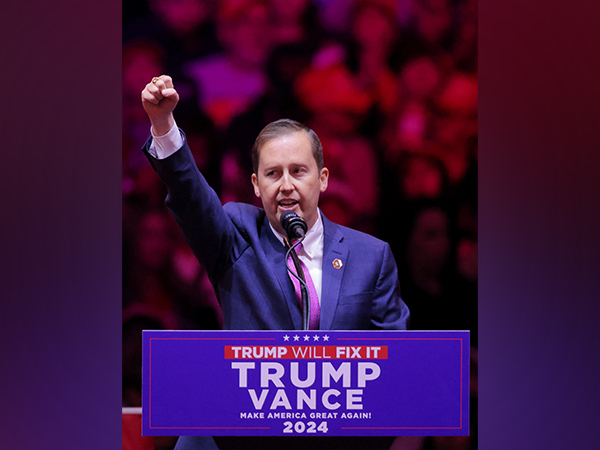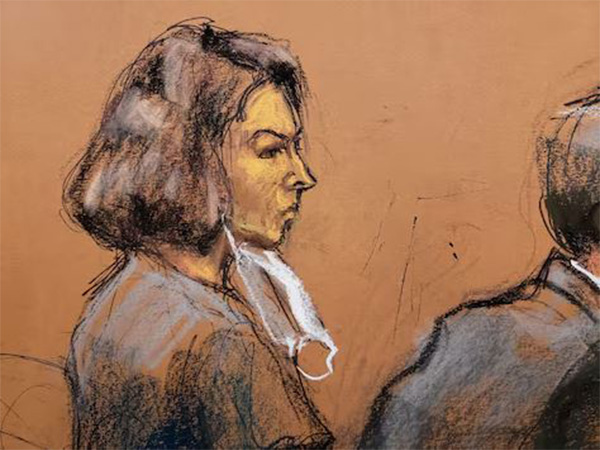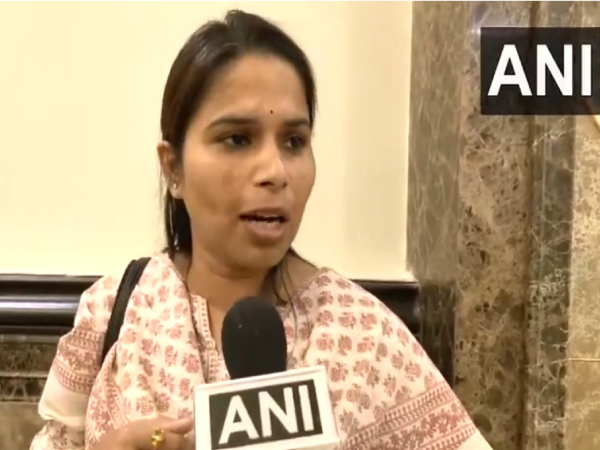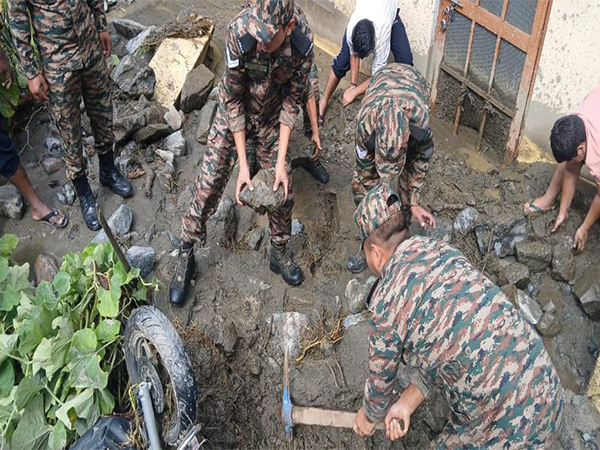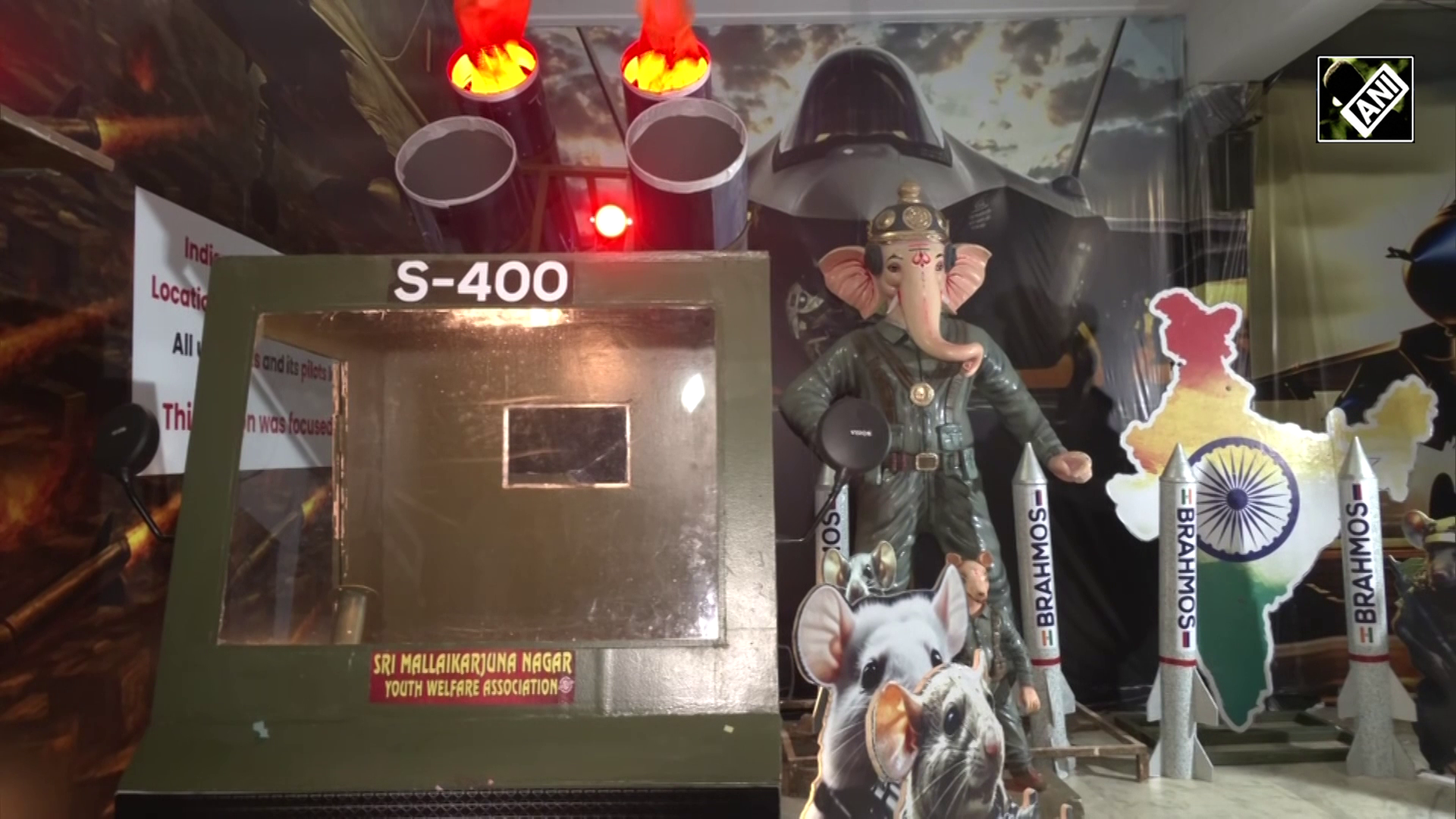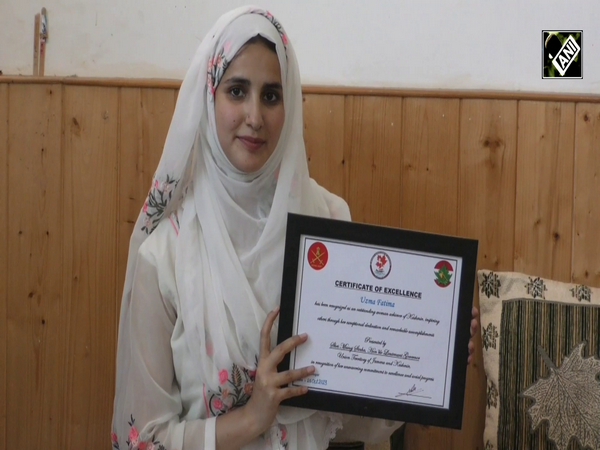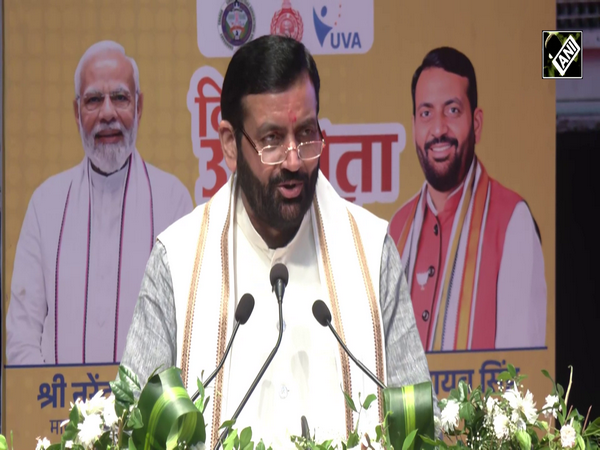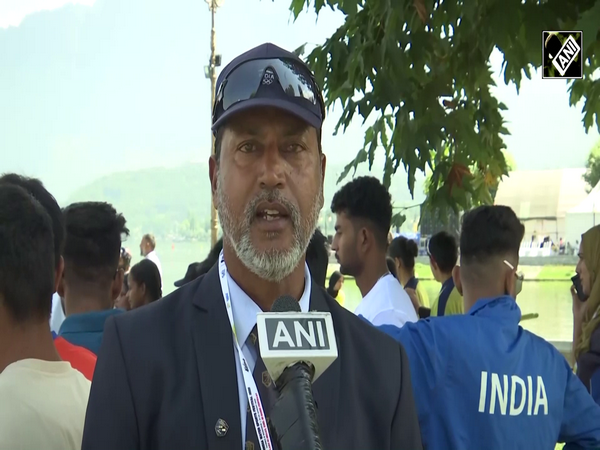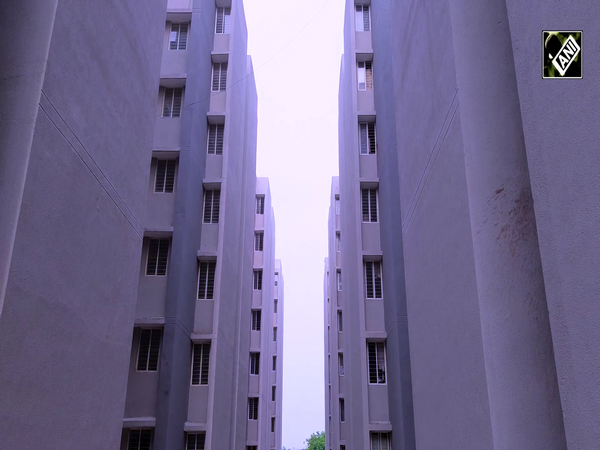China-EU ties at lowest point since 1989: Report
May 27, 2021

Beijing [China], May 27 : China-EU relationship has deteriorated to its lowest point since 1989 after the two sides exchanged sanctions over the Xinjiang issue earlier this year that dealt a blow to the major economic pact between the two sides, officially known as the Comprehensive Agreement on Investment (CAI).
According to the motion that was passed in the European Parliament this month, "any consideration of the EU-China Comprehensive Agreement on Investment, as well as any discussion on ratification by the European Parliament, has justifiably been frozen because the Chinese sanctions are in place."
After the European Parliament froze the legislative process for ratifying the investment pact, China has said EU states "disregarded facts" on the human rights issue in Xinjiang.
"The EU's unjustified sanctions strain China-EU relations. This is what China is unwilling to see, and what China should not be blamed for. It is hoped that the EU side will make serious reflections," Chinese Foreign Ministry spokesperson Zhao Lijian said last week.
Xue Qing, Beijing based journalist and researcher in an op-ed for the Diplomat has offered several reasons for straining bilateral ties.
China failed to treat the EU as a serious political and security actor despite the EU's strong economy and an important shaping force of the international order and its role in resolving global issues such as climate change and infectious diseases.
According to Qing, China has failed to take the EU's normative appeals seriously on the importance of values such as democracy, human rights, and rule of law in its external relations.
"Its relations with China are not an exception. However, China seems unable to understand and often does not care about the EU's normative concerns," he said.
"Third, China failed to develop more sophisticated diplomacy with the EU. China has changed rapidly and dramatically in the past decades. However, it seems that Beijing does not have a clear idea of its influence and potential threat to others, and thus acts slowly in responding to changes."
Lastly, the writer argues that Beijing finds that it has more power to defend its growing interests while foreign concerns over the way it applies that power continue to grow.
"In recent years, Chinese leaders have repeatedly called on their people to be more confident in their country and on diplomats to show more "fighting spirit". However, such confidence is becoming arrogance in some cases, while the "fighting spirit" is turning to sheer combative and hostile talk."
The sanctions imposed by the EU on China in March marked the EU's first punitive measures on Beijing since it imposed an arms embargo after the 1989 Tiananmen Square massacre.
In retaliation to the bloc's sanctions, China introduced sanctions against 10 European Union officials and four European organizations after accusing them of spreading lies and false information about the Xinjiang region.
Since the signing of the deal by Chinese Premier Xi Jinping, there is growing concern in Europe over China's human rights record on issues, including alleged forced labour camps and a crackdown in Hong Kong against anti-government protestors.
